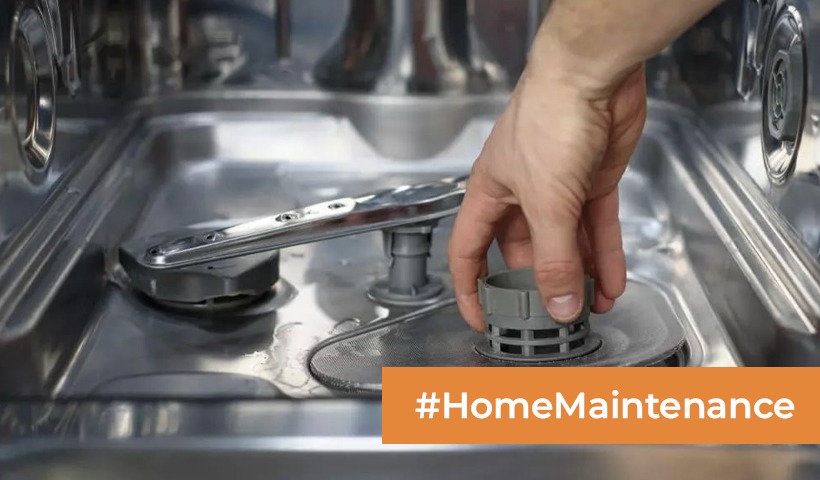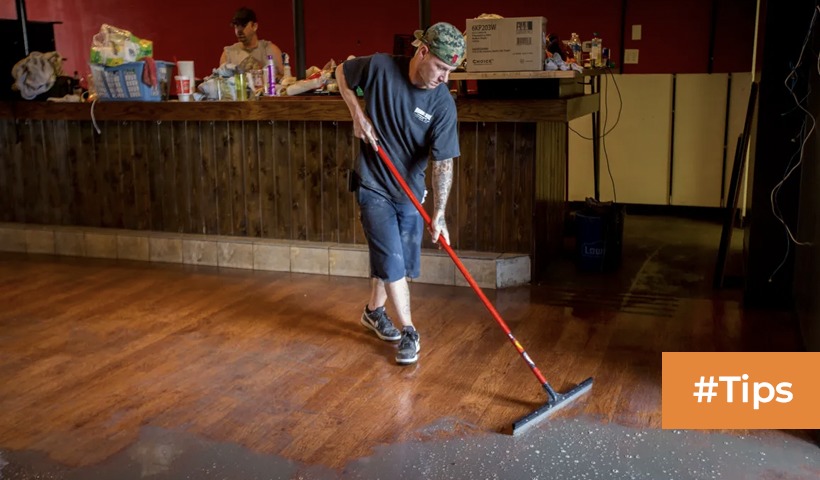Beware of the Rat: Protecting Your Family from Disease Transmission!
Discovering a rat in your home can be a disconcerting experience. Beyond the immediate nuisance of dealing with these pests, it’s important to recognize the potential health risks they pose. Rats are known vectors for several diseases that can be transmitted to humans. In this blog, we’ll shed light on four diseases that rats can spread and why it’s crucial to address a rat infestation promptly.
1. Leptospirosis
Leptospirosis is a bacterial infection caused by the Leptospira bacteria, which is typically transmitted through contact with rat urine. Rats excrete this bacteria in their urine, contaminating the environment they inhabit. When humans come into contact with contaminated water, soil, or surfaces, they can become infected.
Symptoms: Leptospirosis can range from mild flu-like symptoms to severe illness. Common symptoms include fever, headache, muscle pain, chills, and jaundice. In severe cases, it can lead to organ failure and even death.
2. Hantavirus Pulmonary Syndrome
Hantavirus is another disease associated with rats, particularly the deer mouse in North America. Humans can contract hantavirus by inhaling aerosolized particles of rat urine, droppings, or saliva.
Symptoms: Early symptoms include fever, muscle aches, and fatigue. As the disease progresses, it can lead to severe respiratory distress and, in some cases, be fatal.
3. Salmonellosis
Salmonellosis is a bacterial infection caused by the Salmonella bacteria. While rodents, including rats, can carry Salmonella, it’s typically transmitted through contact with their feces, urine, or contaminated food and water sources.
Symptoms: Symptoms of salmonellosis include diarrhea, abdominal cramps, fever, and vomiting. In severe cases, the infection can spread to the bloodstream and become life-threatening.
4. Rat-Bite Fever
Rat-bite fever is a bacterial infection caused by two types of bacteria: Streptobacillus moniliformis and Spirillum minus. Humans can contract this disease through rat bites or by handling rats that carry the bacteria.
Symptoms: Symptoms of rat-bite fever include fever, chills, joint and muscle pain, rash, and vomiting. Without prompt treatment, it can lead to serious complications, including joint infections and heart inflammation.
Preventing Rat-Related Diseases
Prevention is the most effective way to protect yourself and your family from rat-related diseases. Here are some preventive measures to consider:
- Seal Entry Points: Rats can enter your home through tiny openings. Seal cracks, gaps, and holes in your home’s exterior to prevent their entry.
- Food Storage: Store food in airtight containers, and clean up crumbs and spills promptly.
- Trash Management: Use secure trash bins and keep them tightly sealed. Dispose of garbage regularly.
- Maintain Hygiene: Wash your hands thoroughly after handling any potential rat-contaminated materials.
- Professional Pest Control: If you suspect a rat infestation, seek professional pest control services to eliminate the problem safely and effectively.
Conclusion: Protecting Your Health
Rats may be unwelcome guests in your home, but the real concern lies in the diseases they can spread. By taking proactive steps to prevent rat infestations and addressing them promptly when they occur, you can protect your health and the well-being of your loved ones. Don’t underestimate the importance of rat control in maintaining a safe and healthy living environment.
Disclaimer: The views expressed above are for informational purposes only based on industry reports and related news stories. PropertyPistol does not guarantee the accuracy, completeness, or reliability of the information and shall not be held responsible for any action taken based on the published information.




